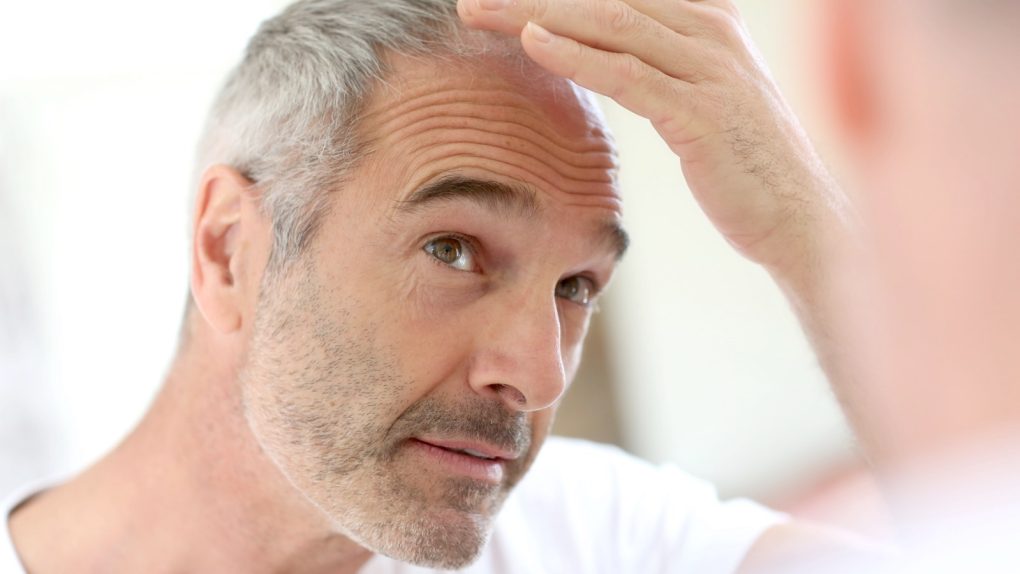Humans have two main concerns when it comes to hair and both of them motivate researchers to find fixes. We’re worried about losing our hair, and we don’t like it when our hair goes grey. We still don’t have a perfect cure for baldness, although there have been some significant developments in that department. Dealing with grey hair isn’t as problematic, as long as you don’t mind hair dye. But there’s been a new development concerning grey hair recently, as Columbia University researchers were able to prove that stress does in fact contribute to turning hair grey. They’ve also found an amazing antidote that many people will love.
Published in eLife, the study explains how the researchers proved that stress impacts natural hair color. They also discuss how the process can be reversed.
The team looked at 14 volunteers, including seven men and seven women, and analyzed hair samples using a digital camera, microscope, and photo scanner. They also used electron microscopy for hairs belonging to two individuals.
The Columbia University scientists mapped the hair pigmentation pattern (HPP) for the volunteers and asked them to complete a retrospective stress assessment. The participants created timelines of stressful events, which could then be tied to the HPP.
“Just as the rings in a tree trunk hold information about past decades in the life of a tree, our hair contains information about our biological history,” senior author Martin Picard explained in a statement. “When hairs are still under the skin as follicles, they are subject to the influence of stress hormones and other things happening in our mind and body. Once hairs grow out of the scalp, they harden and permanently crystallize these exposures into a stable form.”
Picard explained that while we might think a strand of hair has the same color throughout, that’s not the case (as seen in the video at the end of the post). “Under a high-resolution scanner, you see small, subtle variations in color, and that’s what we’re measuring.” Those pigmentation changes can then be tied to stressful events.
Aside from proving that stress will indeed favor grey hair, the researchers also discovered the unexpected antidote. Holidays can reverse the process.
“There was one individual who went on vacation,” Picard said, “and five hairs on that person’s head reverted back to dark during the vacation, synchronized in time. Our data add to a growing body of evidence demonstrating that human aging is not a linear, fixed biological process but may, at least in part, be halted or even temporarily reversed.”
The finding seems to contradict a recent study involving mice, The Register notes. Those scientists showed that stress causes greying in mice, but the mechanism was related to a loss of stem cells in the hair follicle. That’s a process that can’t be reversed.
The authors of this new human study think their work proves that the greying of human hair is reversible, as a different mechanism is involved than greying in mice.
While vacations might reduce stress and reverse greying, the scientists do not have a miraculous cure to rejuvenate hair and restore its original color. Picard explained that their mathematical modeling suggests that hair needs to reach a threshold before it turns grey.
“In middle age, when the hair is near that threshold because of biological age and other factors, stress will push it over the threshold, and it transitions to grey,” the researcher said. “But we don’t think that reducing stress in a 70-year-old who’s been grey for years will darken their hair or increasing stress in a 10-year-old will be enough to tip their hair over the grey threshold.”
The following video shows hair turning grey and proves the process is reversible. The complete study is available at this link.








